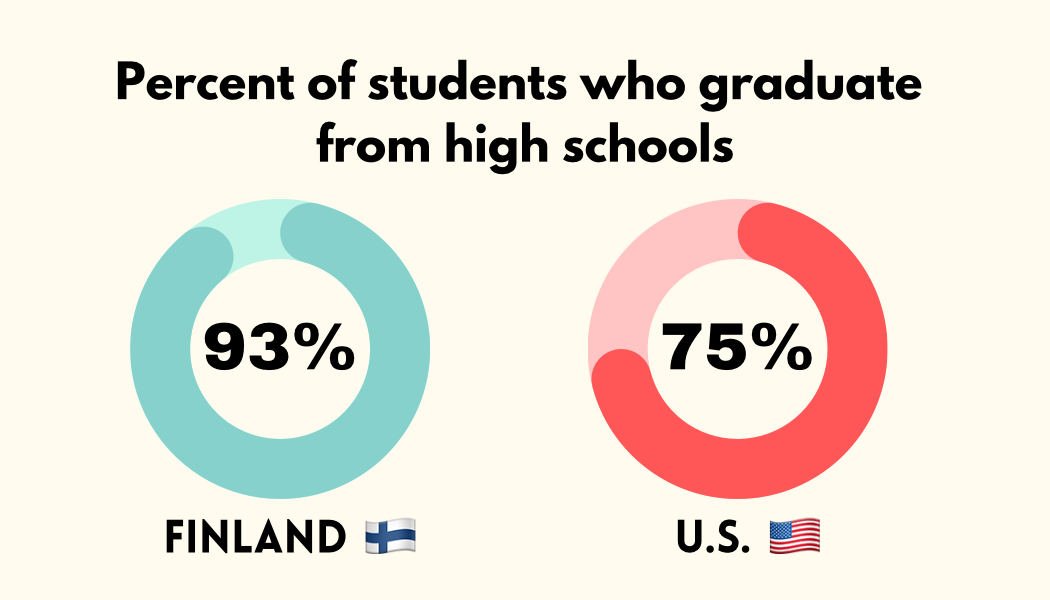As internet usage grows, the safety of kids and teens has been questioned. Parents are now concerned about their children’s privacy on the internet. Popular social media sites like TikTok and Facebook are coming under fire for tracking children and teens on their platforms, with state laws coming into effect this year.
In Oct. 2023, 42 state attorney generals filed lawsuits against Meta (parent company of Facebook and Instagram), alleging that the company designed harmful features on their platforms to deceive children and teens, and were collecting data of children under 13 years of age, which goes against the Children’s Online Privacy Protection Act (COPPA).
“Meta received complaints from parents, such as, ‘My 12 year old is on Facebook, please take the posts down,’” Emerita at Georgetown Law Professor Angela Campbell said. “And their policy was not to take it down. I mean, that’s an absolute dead right, clear violation of COPPA.”
COPPA was enacted in 1998, which gives parents the right to have control over the information collected on young children online. COPPA is primarily enforced by the Federal Trade Commission (FTC). The FTC proposed a blanket ban on Meta for monetizing all youth data after violating a 2020 privacy order in May 2023. ByteDance’s TikTok was also banned on U.S. government controlled phones for alleged data breaching that year.
Parents and teens have now filed private lawsuits over the designs of social media platforms. They allege that social media companies, Google, Snap Inc., and ByteDance, use sophisticated algorithms to target and addict younger users. The suits also alleged that they were harming children’s health with these features.
“We really had no comprehension as to how severe social media has affected our daughter,” parent Kathleen Spence said in a CBS interview. “She was being drawn into this hidden space and this dark world.”
Texas is now the latest state to introduce a law that would affect teens and children in the state at the end of the year. The Securing Children Online through Parental Empowerment Act, or the SCOPE act, applies that children under 18 years of age must verify a known parent or guardian’s identity, prevent minors from purchasing financial transactions on the service, and prohibit targeted advertisements to young users.
“Our children are experiencing all manner of harms via overexposure to digital platforms and predatory algorithms, manifesting in increased rates of self-harm, suicide, substance abuse, sexual exploitation, human trafficking and other mental health issues,” Texas Representative Shelby Slawson said. “Texas parents have had enough.”
(The next article is part two of this in-depth News/Feature.)
Teen learns lesson about internet safety the hard way
As Kaylee’s phone beeps, she sees a message. She replies with a simple Hi.
“I woke up and saw a message on my phone,” junior Kaylee Gary said. “I didn’t know who the
person was.”
She then asked the person‘s age. He responded by saying that he was 15.
“I told him I was also 15,” Gary said.
A couple of days passed, and they were still talking to each other. The guy asked Gary for her personal information
such as where she lived and her last name.
“I was upset with him,” Gary said. “He said he knew what I was doing and where I was. It was creepy.”
After many days of talking and banter, Gary knew something was wrong.
“I realized he was 22 years old, which creeped me out,” Kaylee said. “I did a lot
of research behind this person.”
She ended the relationship with the user and learned her lesson about meeting strangers.
“I don’t want to let anyone go through my experience of meeting strangers
online,” she said. “My advice to everyone is to be safe online. Don’t message or reply to
strangers that might try to talk to you.”







